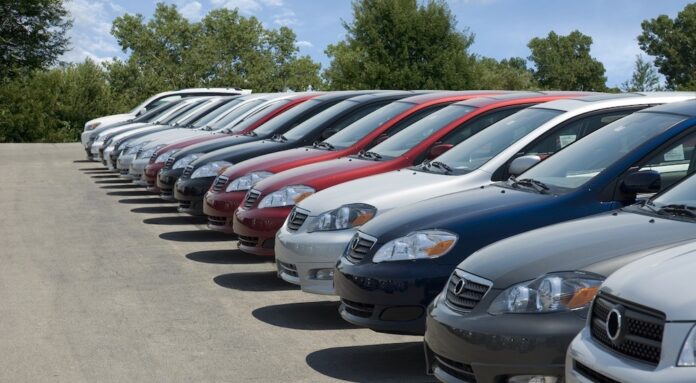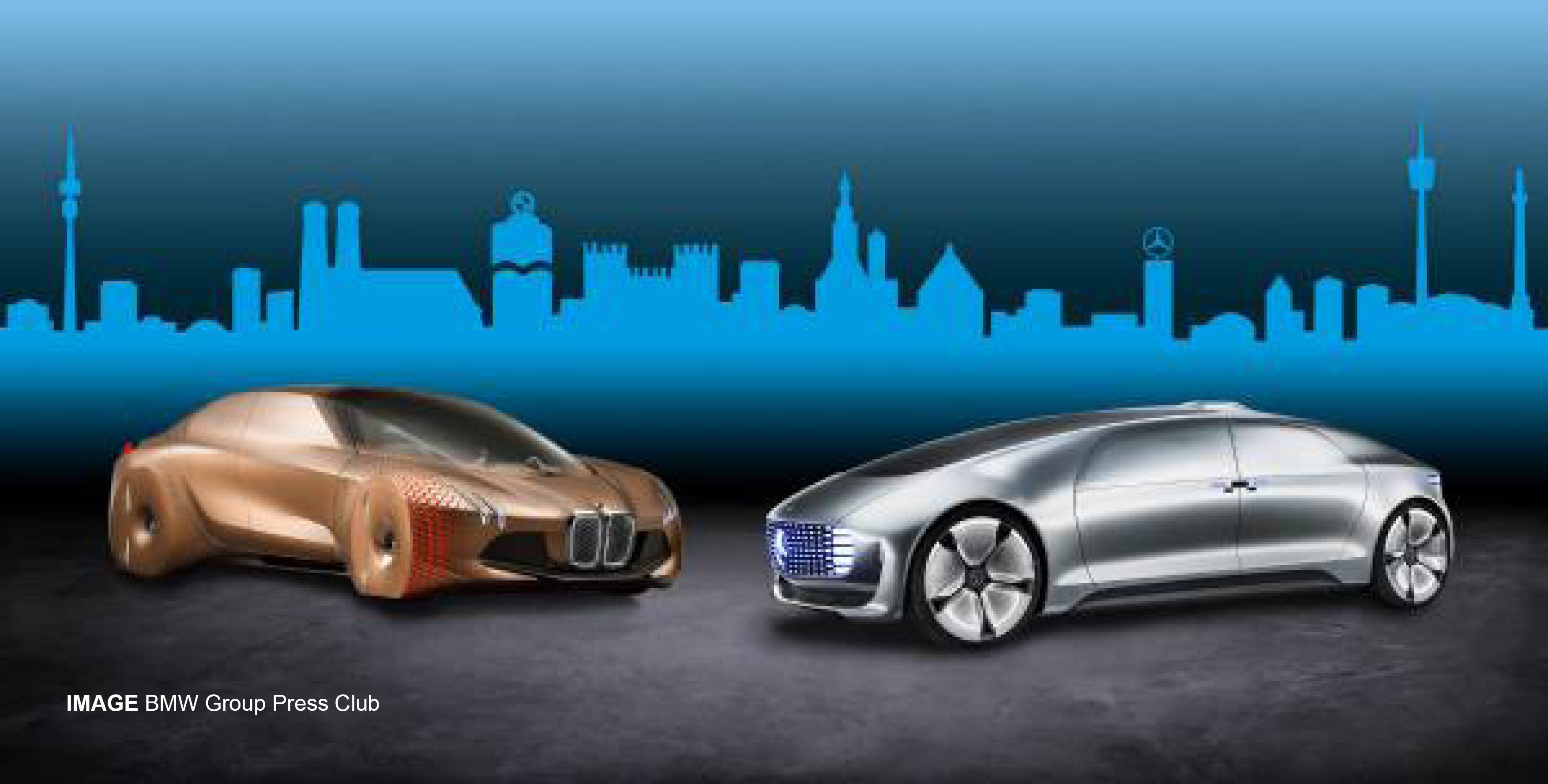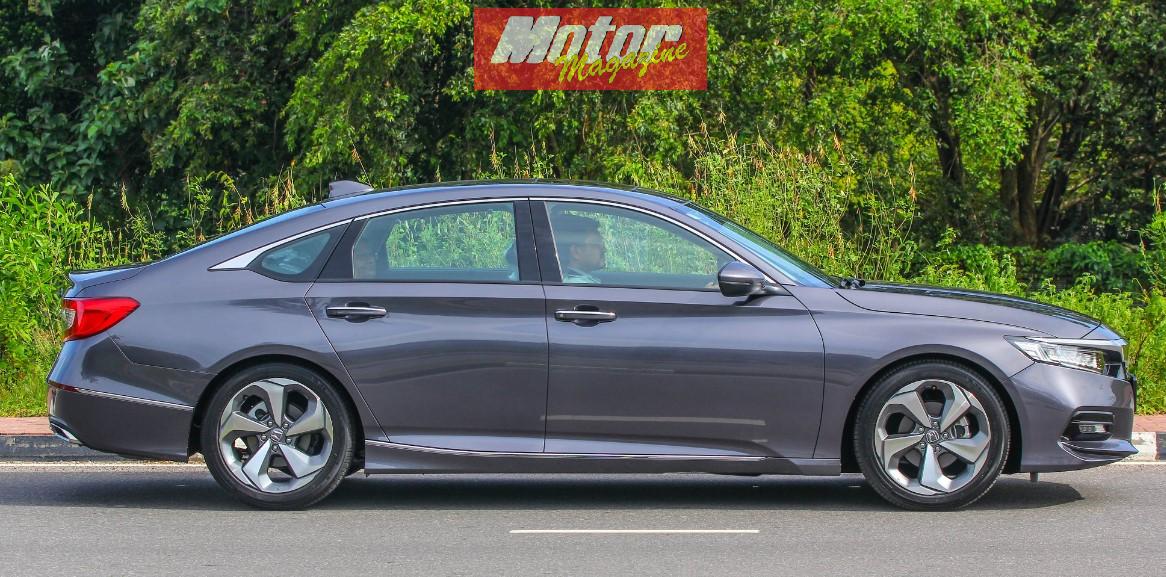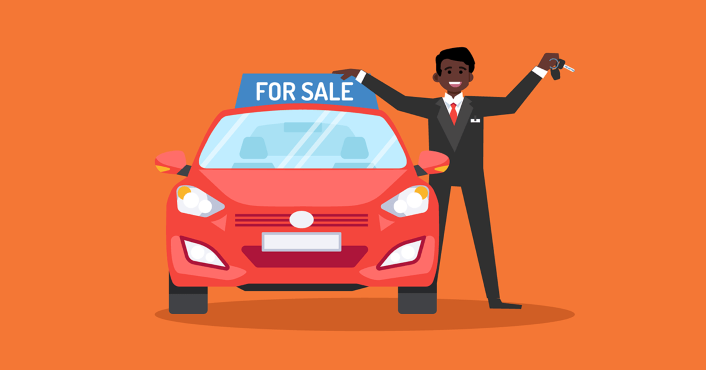
Buying an older car has been tempting for many in Sri Lanka, not because of anything else, but due to the skyrocketing prices when new cars were being imported; and now because of the ongoing ban on importation of cars. We’re not talking about vintage or classic cars here, but instead older vehicles with decent mileage that you may want to use as daily transport. If a car looks like it’s in good condition, but is old, should you be put off driving it?
Sometimes, an older car can offer an irresistible deal. However, can you trust an older car? Are there any red flags to look-out for? Here, we talk all about car age: when is a car too old to buy, when is a car considered old and how old “should” a used car be? Find out all the details below.
When is a car too old to buy?
There are several issues people speak about when buying an older car: safety, performance and availability of spares are on top of these lists of issues. Typically, mileage is a much better indicator of performance than age. A newer car that has been driven hard with high mileage could be “worse” than an older car with low mileage. Having said that, there being very few official checks and balances governing the used car market, unless you have some professional training, you may not know whether the mileage meter has been tampered with. Hence it is better to get professional advice before signing on the dotted line or indeed paying a deposit to reserve a used car.
An obvious issue is car safety. Older
vehicles weren’t made to the same safety standards of today, and it may be
disconcerting for drivers to choose a slightly “unsafe” car rather than
spending more on one they know is safe. While passive safety features such as
airbags, and crumple zones are not immediately obvious, other active safety
features such as ABS brakes and Automatic Emergency Braking have an effect on
day to day use of the vehicle.
Thankfully though, the majority of used cars,
are perfectly safe to drive – if they have been maintained in good condition.
They may lack some of the latest tech, but that doesn’t render them dangerous
in day to day use.
Vintage and Classic cars are more “dangerous”
than modern cars simply because some of them are approaching 50+ years old.
However, these Vintage and Classic cars are mostly bought by enthusiasts who
will not use them on a day to day basis and are mostly used to participate in
events that are controlled by an enthusiast’s group or a club.
How can the “performance” of older cars
affect their usability? Take an example of a car – say built in the 1990’s
which has disc brakes in front and drum brakes at rear, with no ABS. In terms
of braking, this car will perform adequately in dry weather. However, if you
brake hard in wet weather, there is a chance that the wheels will lock and the
car would slide and not stop as expected! So, the key is that when using an
older car, you need to know its limitations, and adjust your driving habits to
suit the car – like in this case driving slower when the road surface is wet.
On the question of spares availability, many
people in Sri Lanka have this notion that a car agent or franchise holder of a
brand is obliged to import spares for cars that have been imported into the
country in the first place. However, this is not necessarily the case. A large
percentage of cars imported to the country have been imported by dealers other
than agents; and some, if not most of those cars were originally intended for
use in the manufacturer’s domestic market only. Hence the local agent has no
responsibility or need to import spares for such cars. Having said that, in
today’s context, most spares can be sourced and imported via the internet
albeit at a price and subject to some delays in delivery times.

So, to answer the question: is a car is too old to buy when you choose it; there is no right answer for how old a used car should be. It all depends on how “versatile” you as the buyer are. As a general rule of thumb, if you don’t get too stressed if and when your car breaks down; and you have at least some ideas of what can go wrong with a car, you can and will enjoy using an older car as your day to day transport. Just take every precaution at the time of making the decision to buy, so that you don’t end up with a “lemon”.
Buying an older car
When buying an older car, there are a few top
tips you should follow. Namely:
Research more
You should always research before purchasing
a car, but this is especially true when buying an older car. Check how the
models have historically dealt with ages, and ask on enthusiast forums about
buying an older model.
Consider factors that don’t affect other used
cars
Older cars carry some of the same risk
factors as all other cars. However, some particularly old cars can suffer from
issues like corrosion and rust. Check this thoroughly beforehand with both the
seller and research how the model deals with corrosion over time.
Insurance
Many local Insurance companies simply refuse
to comprehensively insure some older cars, depending on their make and model.
The reason for this is the non-availability or high cost of spares. So, it is
wise to call your insurance agent and ask him or her about the make and model
of car – and whether they will insure it if you buy it. If they don’t, it is a
red flag for you as the buyer on a couple of fronts. One is the obvious fact
that if you insure it on “third party” basis only, and you have an accident, you
will have to repair your car with your own funds. The second red flag is that
over a period of time you may have to buy or import spare parts that are very
expensive in order to maintain your car.
Pay more attention when test driving
Test driving is a cornerstone of getting a
good used car deal. However, pay more attention than usual when driving an
older car. If it’s been parked up for a while, it could be carrying some
issues, and you can use this to negotiate a better deal or opt for something
else. If at all possible, get the opinion of a professional auto technician
before buying.
Using an older car can be fun if you are into
cars, and are able to cope with the inevitable challenges that come with
ownership. On the other hand, if you are not a “car person” it might be
worthwhile to spend those extra few millions(!) and buy a newer car.








